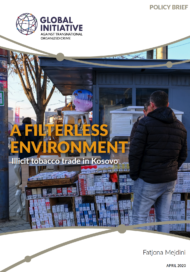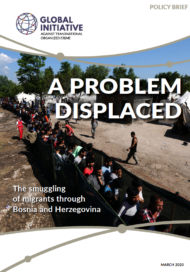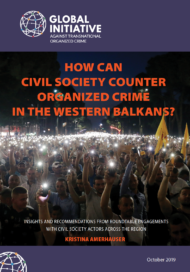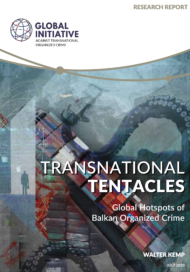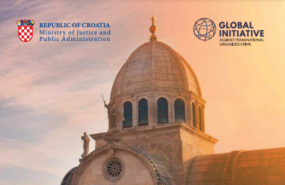Posted on 30 Apr 2020
While much has been written about cigarette smuggling in several countries of the Western Balkans, little is known about the role of Kosovo in this trade. This brief points to gaps in information, holes in border management, divides in regional cooperation, as well as disparities in tax and excise regimes that need to be addressed in order to reduce the illicit tobacco trade in Kosovo. More ‘filters’ are needed to reduce the grey and black markets for cigarettes that continue to prevail in this country.
Key points:
- Kosovo is a small country with a relatively limited market for licit and illicit tobacco products.
- It is a key transit country, however, for counterfeit cigarettes as well as legal cigarettes being produced or shipped illicitly via neighbouring countries.
- Kosovo’s location, porous borders and weak criminal-justice system mean that the risks to traffickers smuggling tobacco products through the country are relatively low.
- Lack of international recognition of Kosovo as an independent state impedes the country from acceding to international treaties and hence realizing full police cooperation with its neighbours.
- Lack of sufficient regulation in the north of Kosovo, differences in excise taxes between imported and locally produced cigarettes in the rest of Kosovo, and significant differences in prices between cigarettes bought in Kosovo and neighbouring countries create incentives for smuggling.
